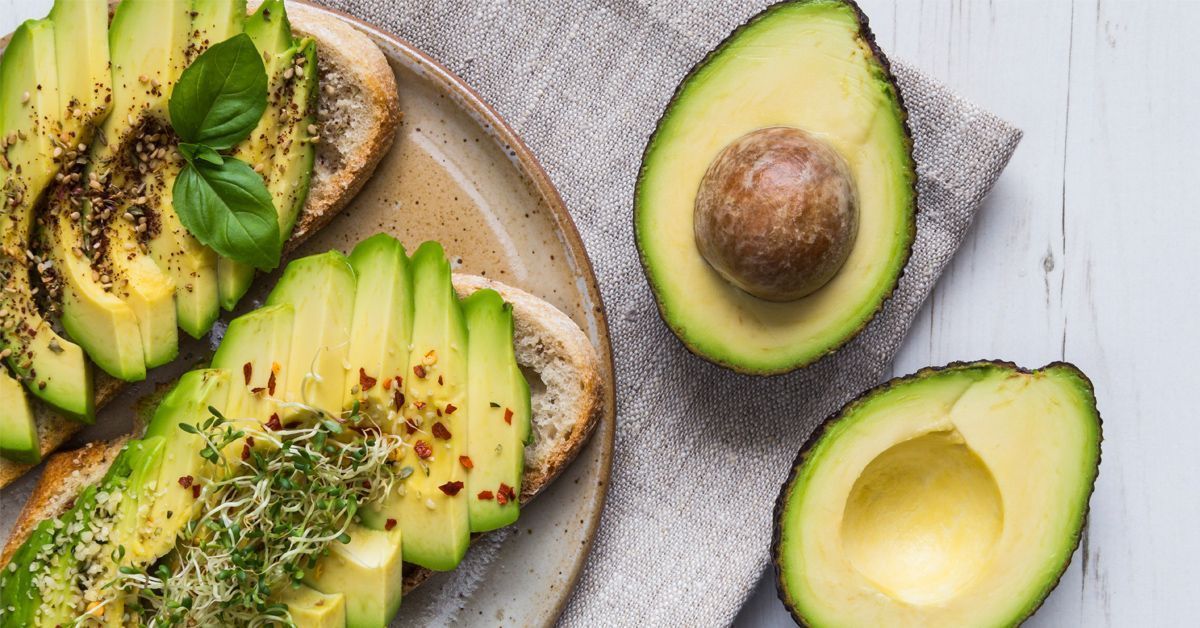Intentional Avocado Consumption May Improve Physical Activity
Story by:
Media contact:
Published Date
Story by:
Media contact:
Topics covered:
Share This:
Article Content
We’ve all heard the adage that an apple a day keeps the doctor away. A new study indicates that another fruit may provide similar health-positive benefits.
Researchers at University of California San Diego School of Medicine found that an increase in avocado consumption in Hispanic/Latino families resulted in significant increases in total physical activity. Such an effect may lead to beneficial outcomes at the population level, especially if accrued over several years.
In the randomized control trial study, published in the American Journal of Preventive Medicine Focus, researchers found a significant increase in physical activity without any adverse changes in body mass index or blood pressure, which suggests that this nutritional intervention has beneficial pleiotropic effects.

“When combined with the standardized nutrition education, we advocate that higher avocado intake be incorporated into a healthy diet,” said Tara Shrout Allen, MD, assistant clinical professor of medicine at UC San Diego and lead author of the study.
Study participants were identified through a partnership with the San Ysidro Health Center. Community Promotoras (trained community healthcare advocates) connected with enrolled participants. Families were asked about their average avocado intake at baseline. Through the randomized controlled trial, some families increased their avocado intake to 14 avocados per family per week (~4.25 avocados/person), while the control group kept their avocado intake to the average amount of three avocados per family per week (~1 avocado/person). Adherence to avocado consumption was measured and exceeded goals throughout the study.
“Those who identify as Hispanic make up a large proportion of the United States population,” said Aubrey Doede, PhD, RN, study co-author and graduate of the School of Medicine’s clinical research program. “However, this growing part of the population has been underrepresented in health research, especially when taking into account the large amount of diversity within individuals who identify as Hispanic or Latino. That’s what makes this study so exciting.”
All families participating in the study received a standardized home-based nutritional education program over the 6-month trial. Additionally, they were provided with a recipe booklet and tips for keeping the avocados fresh each week.
Study participants were screened at the 3-month and 6-month marks to determine adherence to avocado consumption. Screening also included completion of the Global Physical Activity Questionnaire which assesses specific components of occupational, recreational and transportation-related physical activity.
“We found that the intervention group had significantly higher levels of physical activity compared to those in the control group who did not increase avocado consumption,” said Allen. “Because we know that avocados are so common in the Hispanic/Latino diet, this is a great place to start in encouraging a positive deviance. That is to say, we know this is something with beneficial effects, so we can encourage more avocado consumption within the community and expect improvements in physical activity, which would improve overall health.”
Further studies are needed to determine how the increased avocado consumption resulted in higher levels of physical activity, but Allen and Doede agree that it’s probably a combination of factors. One factor is the dense nutritional make-up of the avocado with associated satiety. Previous studies also demonstrate that avocado intake may be associated with pain improvements in patients with osteoarthritis, which may allow a decreased burden for physical activity.
“Another factor, especially in adults, is that there is an anti-inflammatory component that comes with avocado micronutrients,” said Allen. “Importantly, we did not see any adverse changes in weight, body mass index or blood pressure, so I do recommend that my patients eat more avocados. It’s one of those small changes in their diet that can lead to unexpected improvements in their activity and overall health.”
You May Also Like
Stay in the Know
Keep up with all the latest from UC San Diego. Subscribe to the newsletter today.




